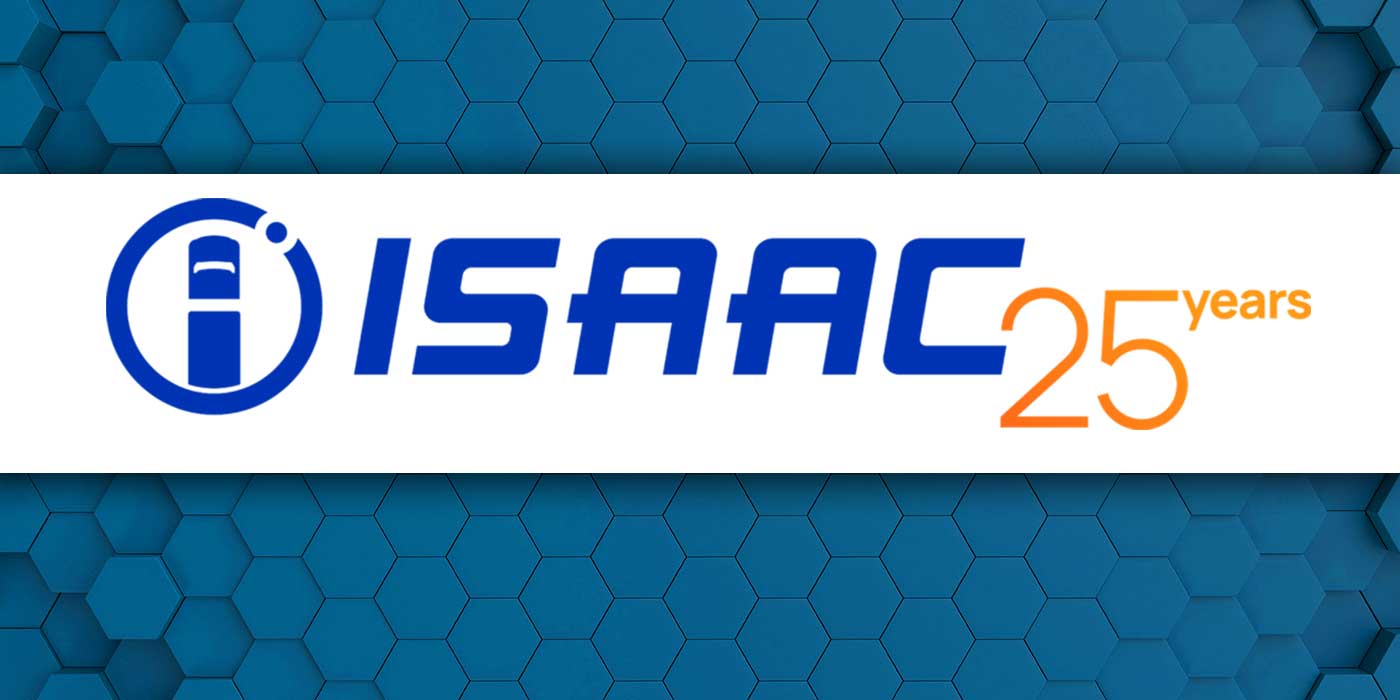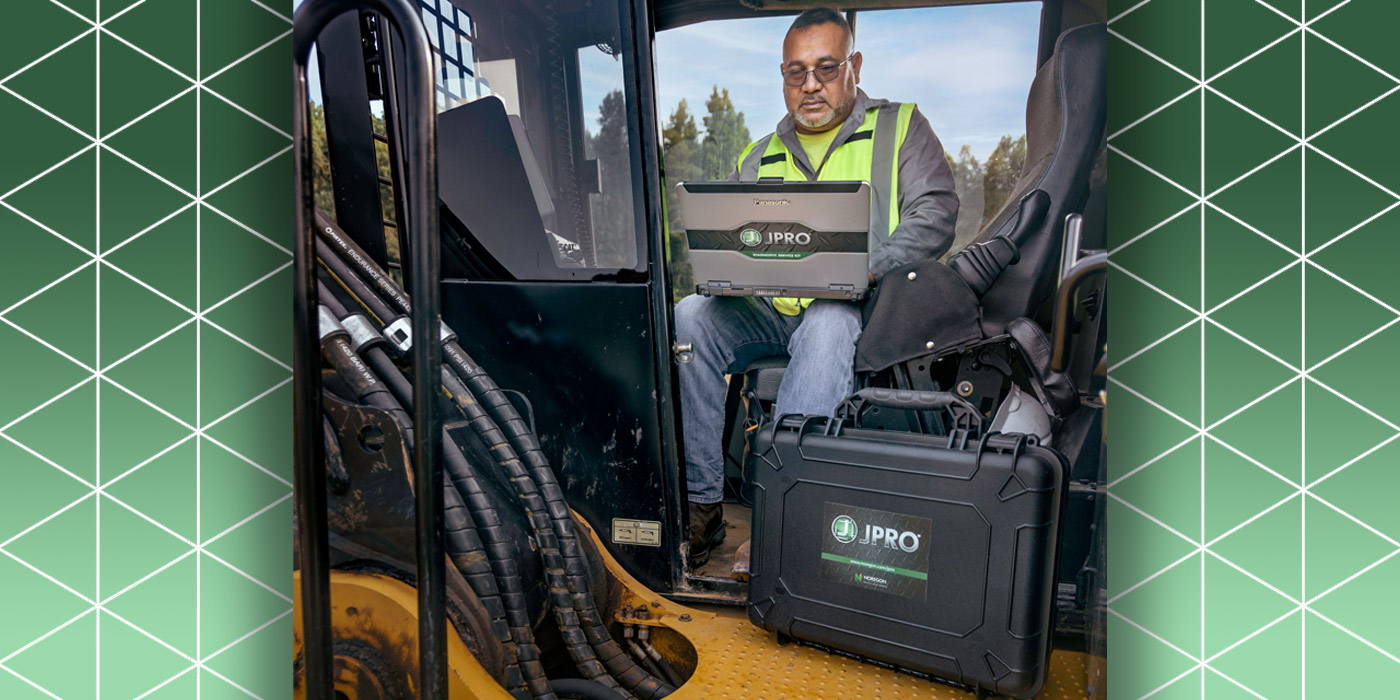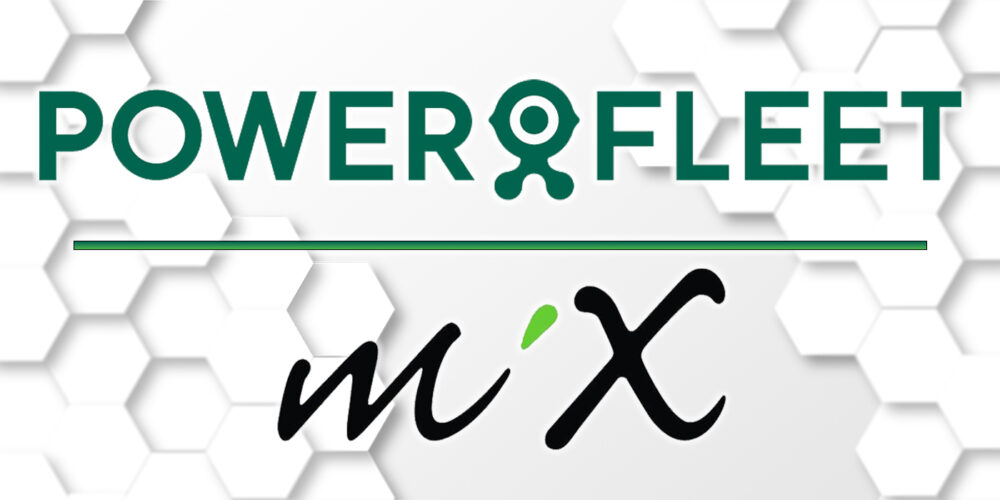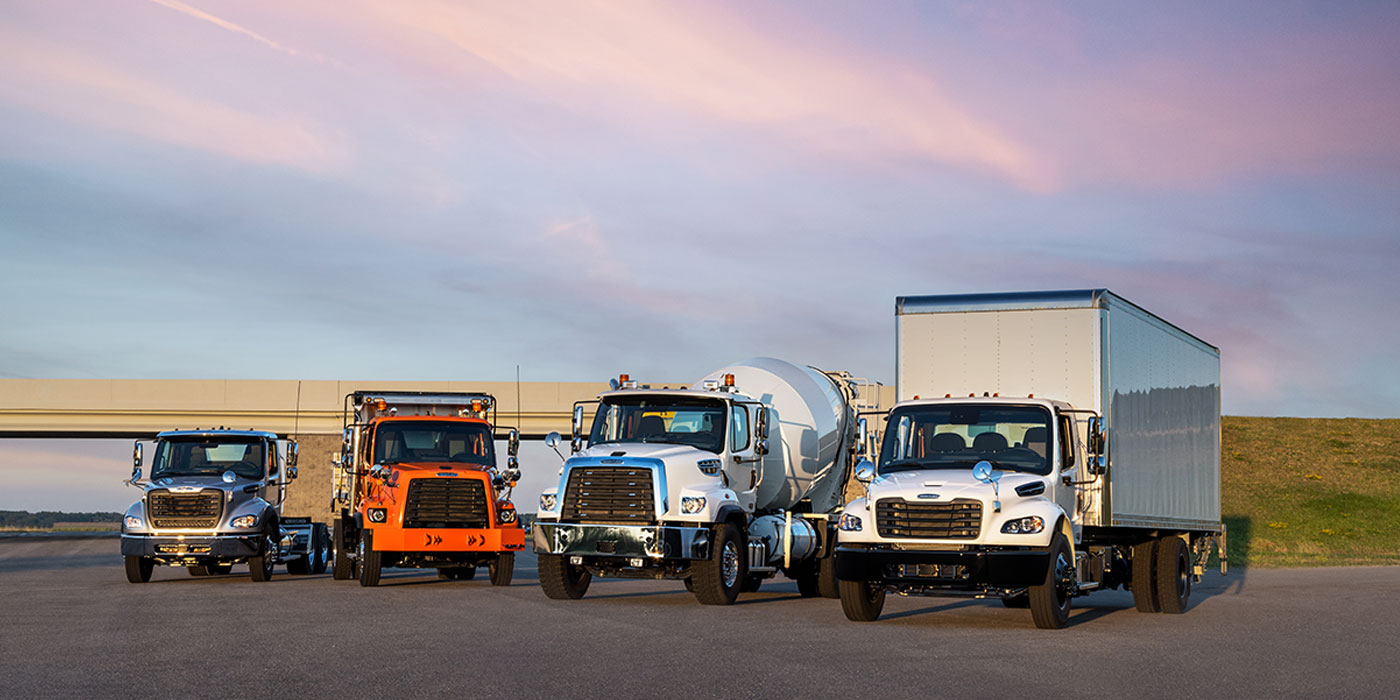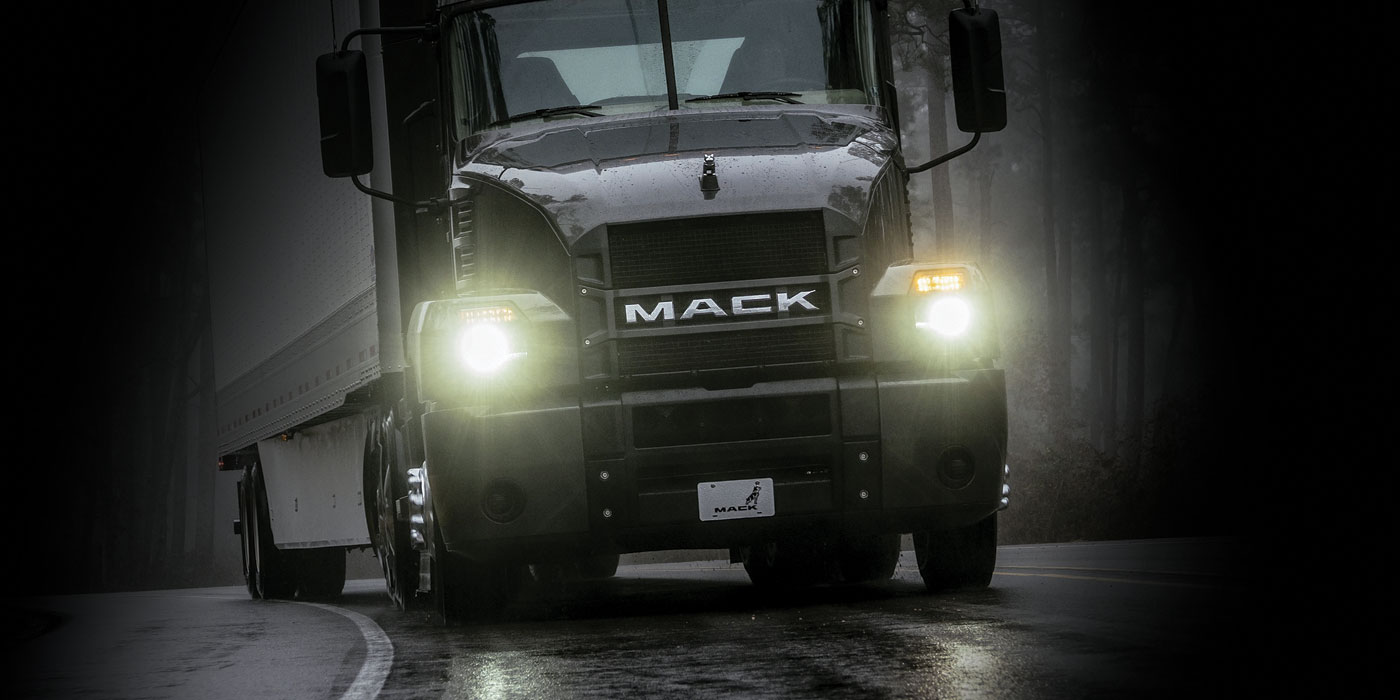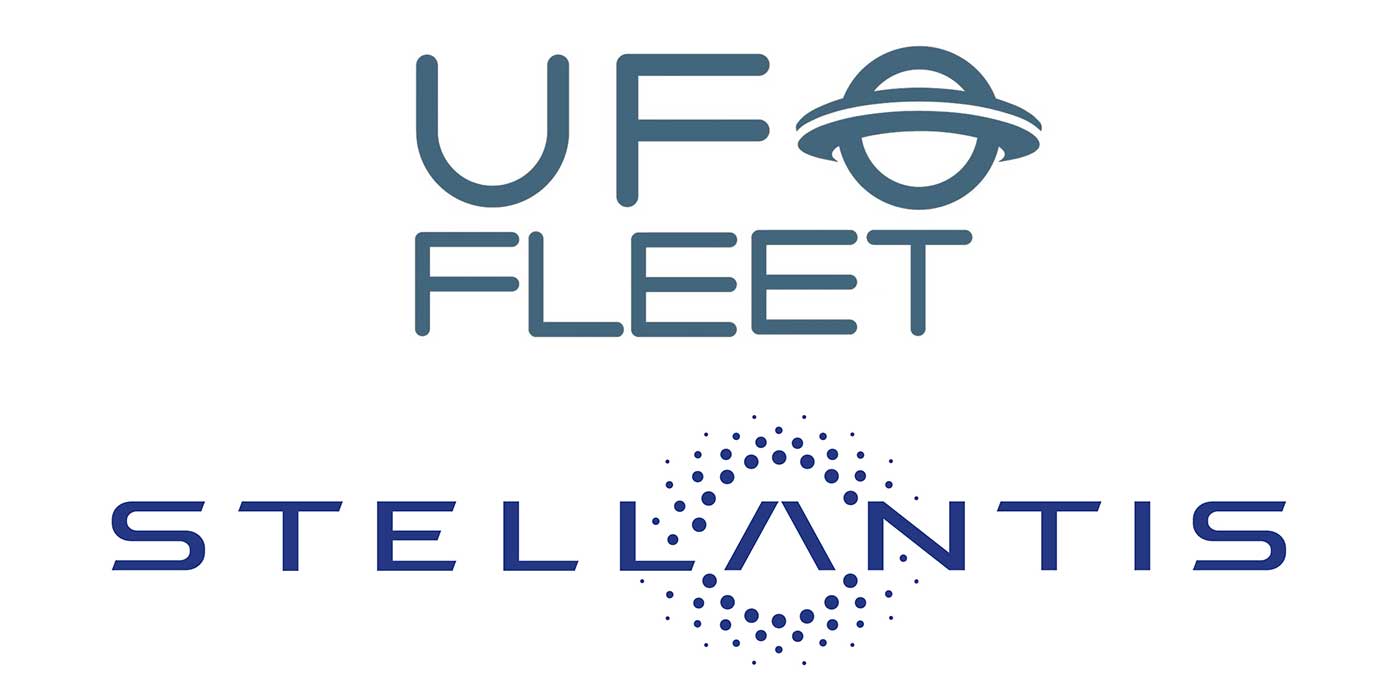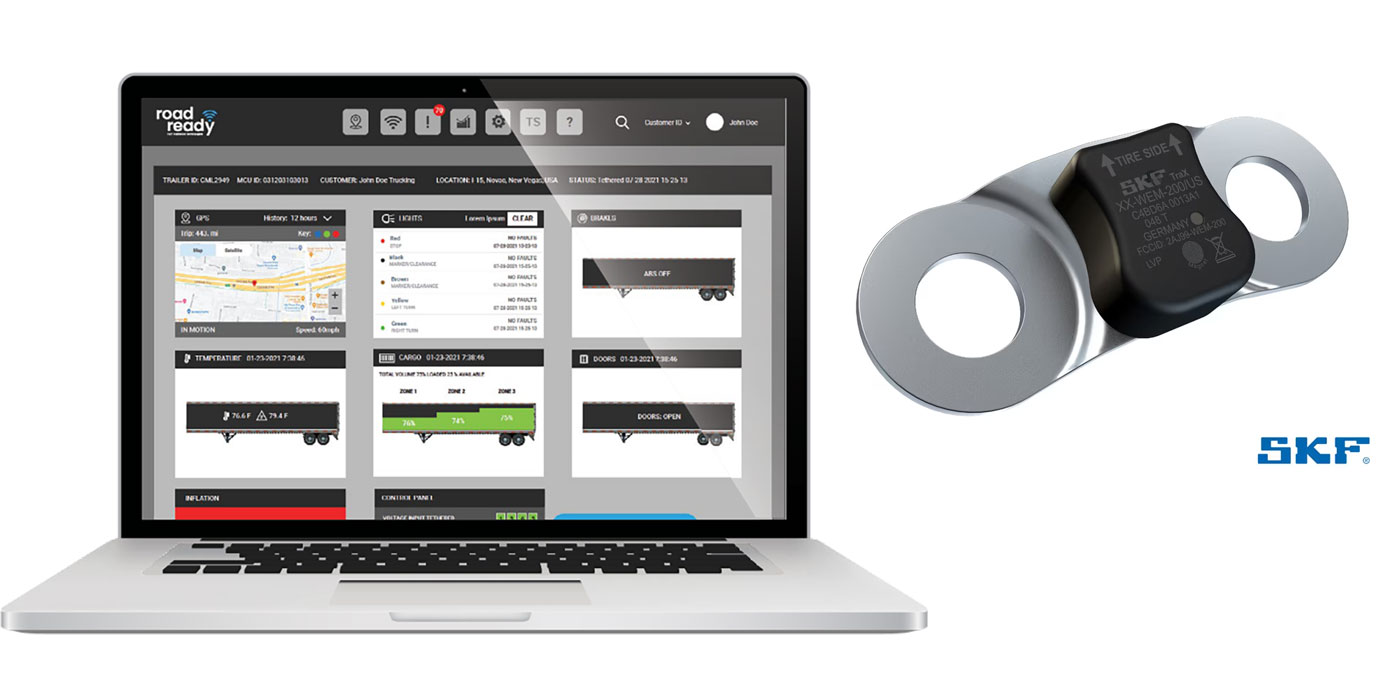According to Steve Bryan, Vigillo chief executive officer, “There’s no question that the data generated in trucking operations is growing at an astounding rate. The real challenge is how to efficiently mine that data and use it effectively.”
Tractor, trailer, driver and operations systems are generating vast amounts of structured and unstructured data. At all levels and for all functions in the trucking industry, managers and IT systems operators have to become comfortable with the rate that data is flowing. The good news is that the technologies and architecture to do so are in place and are becoming more affordable.
Bryan goes on to say, “At Vigillo, we developed the Athena Big Data platform to serve as a hub to facilitate the integration of data from a variety of sources that is critical to the ability to make better and more informed business decisions. In the six months since its launch, Athena has exceeded one billion records on 17 enterprise servers.
“The goal of Athena is one that would serve any trucking IT system— to deliver organized, actionable data in a useful, understandable format,” he continues. “The ability to absorb a huge volume of data and to analyze big dollar challenges to a modern trucking company and provide valuable analytics is essential. It is estimated that 90% of the data in the world has been generated in the last two years, and the volume of data continues rising exponentially.”
A traditional, relational data structure—rows and columns in a spreadsheet that are used with simple formulas to create charts and graphs—can be valuable for straightforward analyses. The big data challenge today, however, is the multitude of sources. In trucking, data is collected from across the enterprise, from operations, maintenance, fuel, sales, HR, safety and other areas. In separate silos, that information is static. Collectively it can provide a more meaningful, all-inclusive 360º view that leads to better management decisions.
The trucking industry is a business of huge numbers—five million vehicles traveling 400 billion miles every year carrying $10 trillion in goods. Bryan notes that even small improvements to efficiency, productivity or safety will mean big money to the bottom line.
Big data is here to stay and it’s a big deal. “Organizations that ignore its promise to find new ways to operate more safely, efficiently and profitably will find themselves at a competitive disadvantage,” Bryan concludes.



